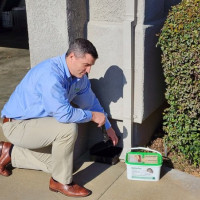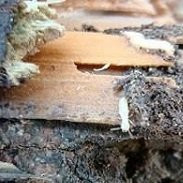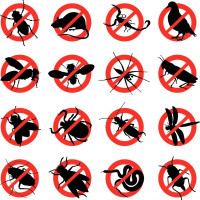Cold Weather Mice & Rodent Problems in DFW
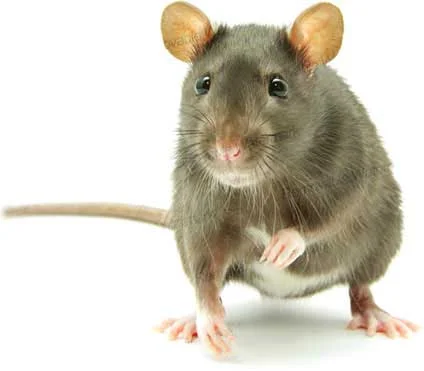
As the temperatures drop in the Dallas-Fort Worth (DFW) area, homeowners often face an unwelcome influx of mice and rodents seeking warmth and shelter. Cold weather drives these pests indoors, creating significant challenges for residents. At Prize Pest Control, we understand the unique rodent problems that DFW homeowners encounter during the colder months and are here to help you protect your home. In this article, we’ll explore why rodents become a bigger issue in winter, the risks they pose, and how our expert team can help keep your home pest-free.
Why Rodents Invade Homes in Cold Weather
In DFW, winters may not be as harsh as in other parts of the country, but chilly nights and occasional freezes are enough to send mice and rodents searching for cozy, warm places to nest. Homes provide the perfect environment with easy access to warmth, food, and shelter. Here are a few reasons why rodent activity spikes during colder months:
- Seeking Warmth: Rodents, like mice and rats, are drawn to the warmth of homes as outdoor temperatures drop. Attics, basements, crawl spaces, and wall voids become ideal nesting spots.
- Food Availability: Pantries, kitchens, and even pet food storage areas offer a buffet for hungry rodents. Even small crumbs can attract these pests.
- Shelter from Predators: Indoors, rodents are safe from outdoor predators and harsh weather conditions, making your home an appealing refuge.
In the Dallas Fort Worth area, common rodent species like house mice, Norway rats, and roof rats are particularly active. These pests can squeeze through tiny gaps, sometimes as small as a dime, making it easy for them to infiltrate homes unnoticed. Prize Mice & Rodent Control Service 24/7 Call (469) 780-4602.
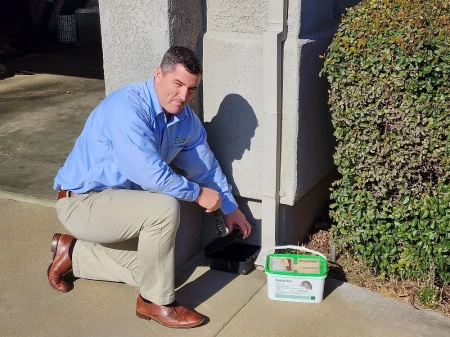
Risks of Rodent Infestations
Rodent infestations are more than just a nuisance; they pose serious risks to your health, property, and peace of mind. Here’s why addressing a rodent problem promptly is critical:
- Health Hazards: Rodents can carry diseases such as hantavirus, salmonella, and leptospirosis, which can spread through droppings, urine, or contaminated surfaces. Their presence can also trigger allergies or asthma in sensitive individuals.
- Property Damage: Mice and rats are notorious for chewing through wires, insulation, drywall, and even wooden structures. This behavior can lead to costly repairs and, in some cases, electrical fires.
- Rapid Reproduction: Rodents multiply quickly. A single pair of mice can produce dozens of offspring in a matter of months, turning a small problem into a full-blown infestation if not addressed early.
In DFW, where suburban and urban areas blend, rodents often move from nearby fields, wooded areas, or neighboring properties into homes, especially during colder months.
Signs of a Rodent Problem
Spotting a rodent infestation early can save you time, money, and stress. Keep an eye out for these common signs:
- Droppings: Small, dark droppings in pantries, along baseboards, or in hidden corners are a clear indicator of rodent activity.
- Gnaw Marks: Chewed wires, food packaging, or furniture edges suggest rodents are active in your home.
- Noises: Scratching, scurrying, or squeaking sounds, especially at night, often point to rodents in walls or ceilings.
- Nests: Shredded paper, fabric, or insulation in secluded areas may indicate a rodent nest.
- Unusual Pet Behavior: Pets may become agitated or overly curious about certain areas if they detect rodents.
If you notice any of these signs, it’s time to act quickly to prevent the problem from worsening.

